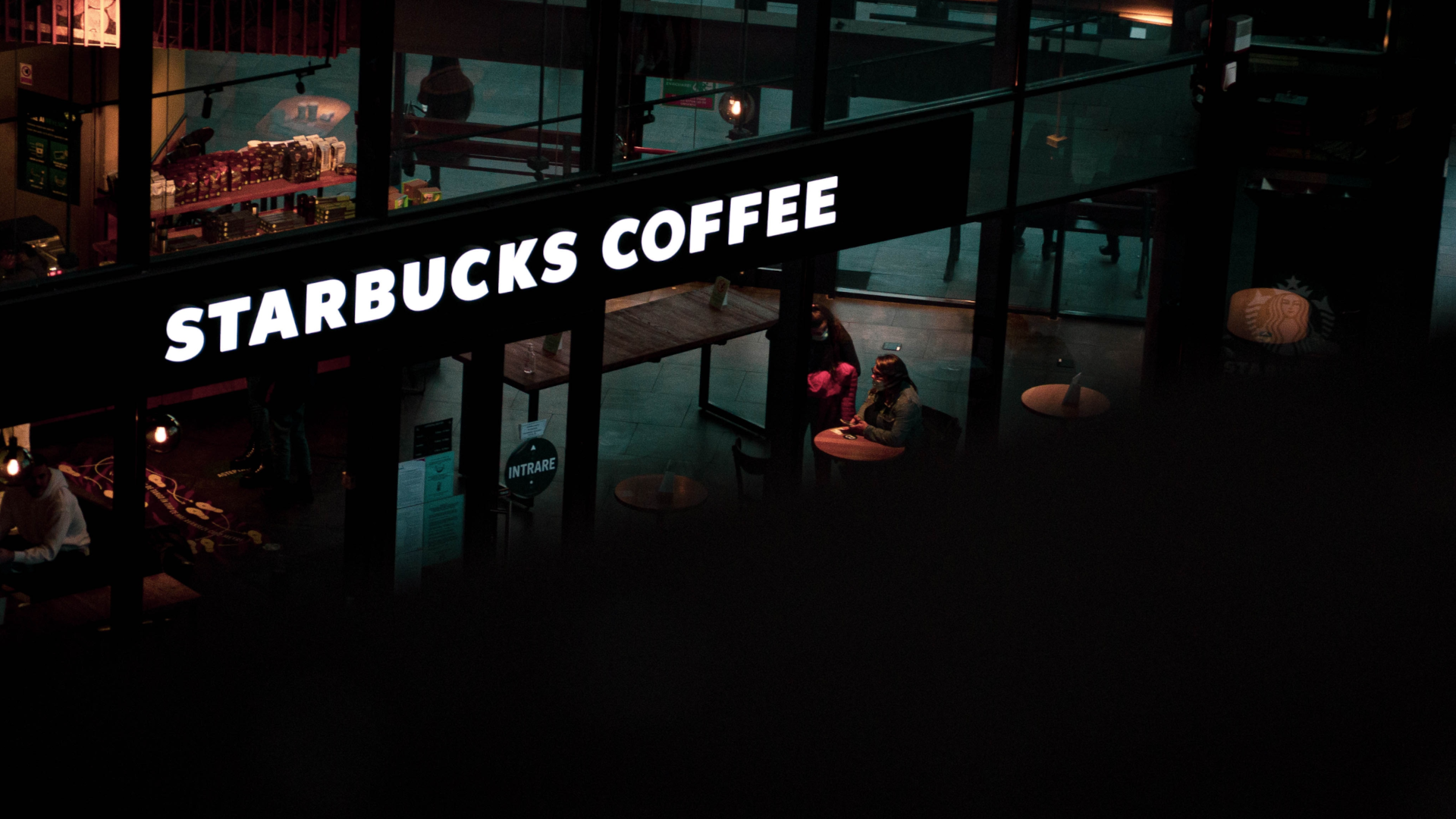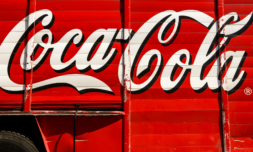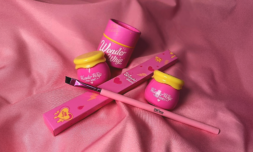Starbucks becomes the latest global corporation to be legally challenged for making unsubstantiated and completely false claims about its ‘ethically sourced’ products.
The global coffee giant Starbucks is under fire from a U.S. consumer group, which alleges that the company’s claims of ethically sourced coffee are deceptive and untrue.
The National Consumers League filed legal action in court in Washington DC. It cited several media reports which detail human rights and labour abuses on coffee and tea farms in Brazil, Guatemala, and Kenya that supply Starbucks with coffee beans and tea.
The consumer group argues that these incidents raise serious questions about the authenticity of Starbucks’ packaging claims, which boast the company’s commitment to ‘100 percent ethical coffee sourcing.’
Sally Greenberg, CEO of the National Consumers League, said, ‘On every bag of coffee and box of K-cups sitting on grocery store shelves, Starbucks is telling consumers a lie.’
‘The facts are clear: there are significant human rights and labour abuses across Starbucks’ supply chain, and consumers have a right to know exactly what they’re paying for,’ she continued.
Starbucks responded on Wednesday, pledging to defend itself legally against the claims.




















